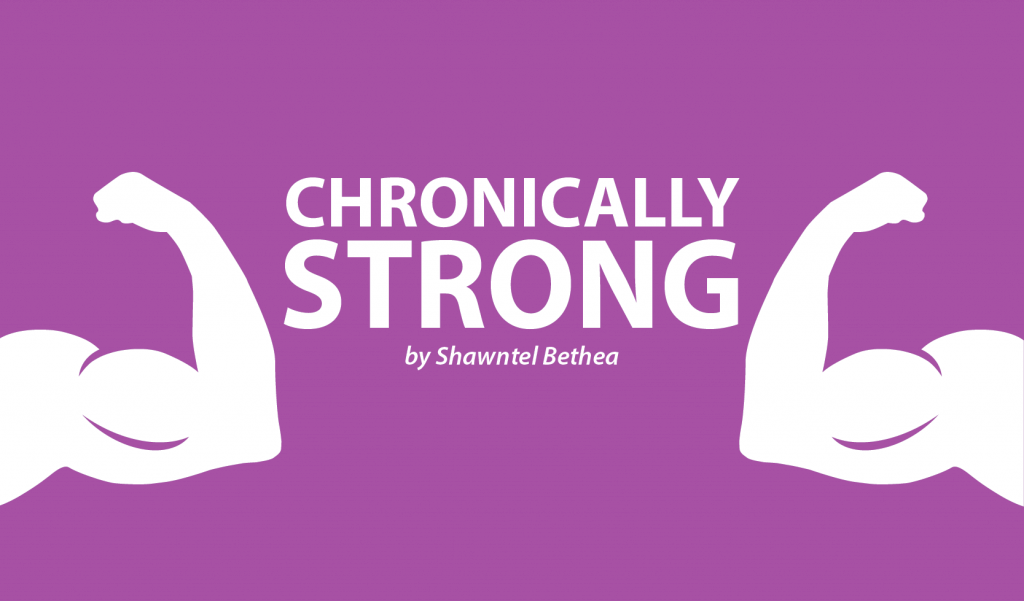
Dealing with any chronic condition such as IBD can be daunting. Simple, everyday tasks can feel impossible, especially during a flare. Although it may be hard, we must learn how to become empowered patients and partners in our healthcare.
I have compiled a list of several tips that have helped me become an empowered patient when it comes to my condition and care.
Seven tips for becoming an empowered patient
- Talk about it: A big mistake I made after being diagnosed was trying to hide my condition. I tried to hide it for so long that for years no one knew how much I was suffering, other than my immediate family who was there when I was diagnosed. Talking about your feelings and your condition can help you learn to accept your diagnosis faster. The more you talk about your condition, the more attention you get and use to help raise awareness.
- Find a doctor you trust: Once you’re diagnosed you may have a lot of questions and ideas in your head about your condition. Some things you may have heard may be misconceptions or exaggerations. Find a doctor you trust to become a part of your healthcare team, and be a source for accurate information.
- Do your own research: While everything on the Internet is not always accurate information, learn to identify misinformation and attack some good old-fashioned research. You can read up on your conditions, treatments available, patient meet-ups, retreats and more.
- Ask questions: This is one of the most important things you can do. If you are getting a test or procedure done, inquire about what it is and exactly why you need it. Ask your doctor and nurse questions, and you can ask your caregivers questions about how they feel about everything.
- Get to know your body: Pay attention to your body and how you feel on a given day. Pay attention to your test results. For example: my blood pressure is always low, I know this. So, if I have an urgent trip to the emergency room or have to see a new doctor for some reason, I am able to explain this to them so they know “my norms.”
- Don’t dwell on unfortunate circumstances: This one can be hard. It’s always difficult finding out your treatment plan didn’t go as well as you’d hoped; maybe a medication failed you, or you had to change insurance or healthcare providers. Don’t dwell on negativity. The last thing you need as a patient with IBD is more stress. Allow yourself time to let your emotions out and be disappointed, but don’t let disappointment consume you.
- Get a second opinion: If you are not 100 percent comfortable with your healthcare team and the options they’ve presented, ask for a second opinion. It’s great that you trust your doctor, but a second opinion couldn’t hurt, especially when it comes to life-changing medications and surgeries.
What are some ways you can become more active in your healthcare? Please let me know in the comments below.
***
Note: IBD News Today is strictly a news and information website about the disease. It does not provide medical advice, diagnosis, or treatment. This content is not intended to be a substitute for professional medical advice, diagnosis, or treatment. Always seek the advice of your physician or other qualified health provider with any questions you may have regarding a medical condition. Never disregard professional medical advice or delay in seeking it because of something you have read on this website. The opinions expressed in this column are not those of IBD News Today, or its parent company, BioNews Services, and are intended to spark discussion about issues pertaining to IBD.

